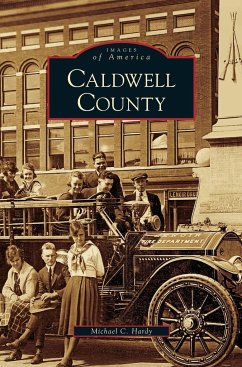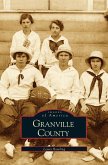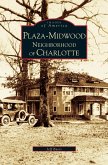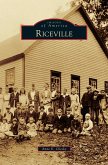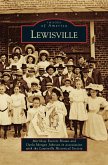For decades, Caldwell County has been known as the Furniture Center of the South. However, the history of Caldwell goes beyond the miles of furniture retailers and successful manufacturers, back to a time when Caldwell, nestled in the foothills of the Blue Ridge, was on the frontier of America. The story of Caldwell County includes pioneer forts perched on the edge of a vast wilderness; Confederate soldiers struggling in America's most famous battle, Gettysburg; logging companies and growing railroads; the remarkable furniture industry that has employed generations of residents; and the world-renowned Lenoir High School Band. The images within this book-of explorers and settlers, homes and schools, church functions and family gatherings, the famous and ordinary, and the beautiful and industrious-help tell the story of Caldwell County, her people, and her place within the history and culture of North Carolina and the United States.

